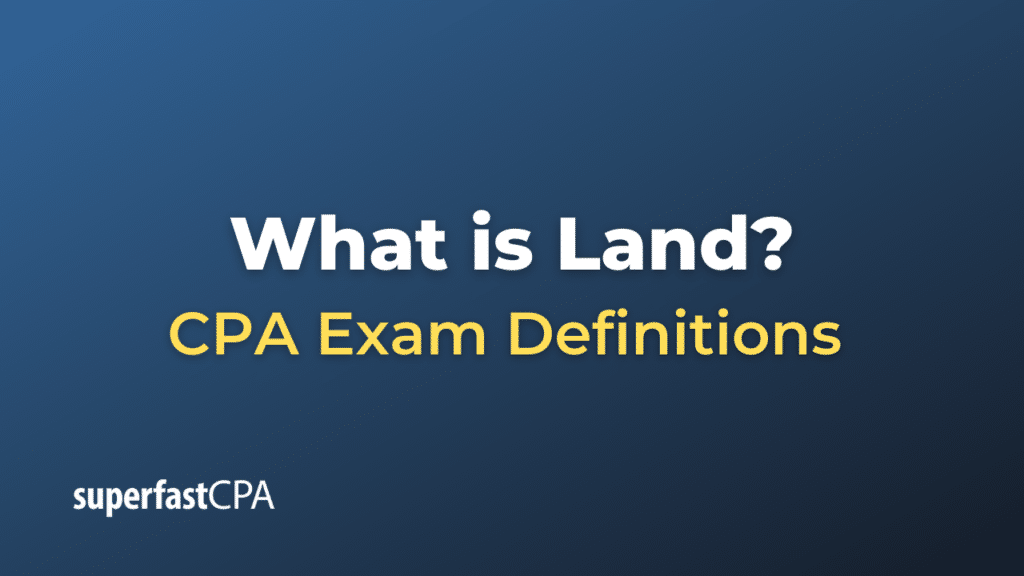Land
In terms of accounting and business, land is considered a long-term asset that a company uses in its operations. It typically refers to the ground on which the company’s buildings or equipment are located. Unlike other assets, land is considered non-depreciable, meaning it doesn’t lose value over time due to wear and tear. In fact, land can often appreciate in value over time.
In the balance sheet of a company, land is typically listed under “property, plant, and equipment” or “fixed assets. The cost of land can include not only the purchase price but also any significant costs incurred to prepare the land for its intended use, such as demolition of existing structures, removal of unwanted trees or rocks, and legal fees related to the purchase.
Land owned by a company can also serve as collateral for loans, contributing to the company’s ability to raise funds. However, the company also needs to pay property taxes on its land, which is a recurring expense.
In a broader economic context, land refers to all naturally occurring resources, such as minerals, water resources, arable land, and even scenic beauty, which have economic value.
Example of Land
Let’s consider a real estate development company as an example.
This company buys a parcel of land for $1 million with the intention of developing a residential complex. However, before construction can begin, the company needs to prepare the land for its intended use.
It spends an additional $50,000 to clear the land of trees and another $25,000 to grade the land to make it level. Legal fees related to the purchase amount to another $10,000. So, the total cost that the company will record as the value of the land in its accounting books is $1,085,000 ($1 million + $50,000 + $25,000 + $10,000).
Now, on the company’s balance sheet, under the section “Property, Plant, and Equipment“, there will be an item “Land” valued at $1,085,000. This cost will not be depreciated over time, as is the case with buildings or equipment. Instead, it will remain at the original cost until the land is sold. If the land appreciates in value over time, the increase will not be recorded until the land is sold, at which point the company can recognize a gain.
On the other hand, if the company needs to take a loan for its operations or the development project, it can use this land as collateral, making it a valuable asset for securing financing.
But remember, owning land also means the company is responsible for property taxes, which is an ongoing expense that needs to be factored into the company’s financial planning.













